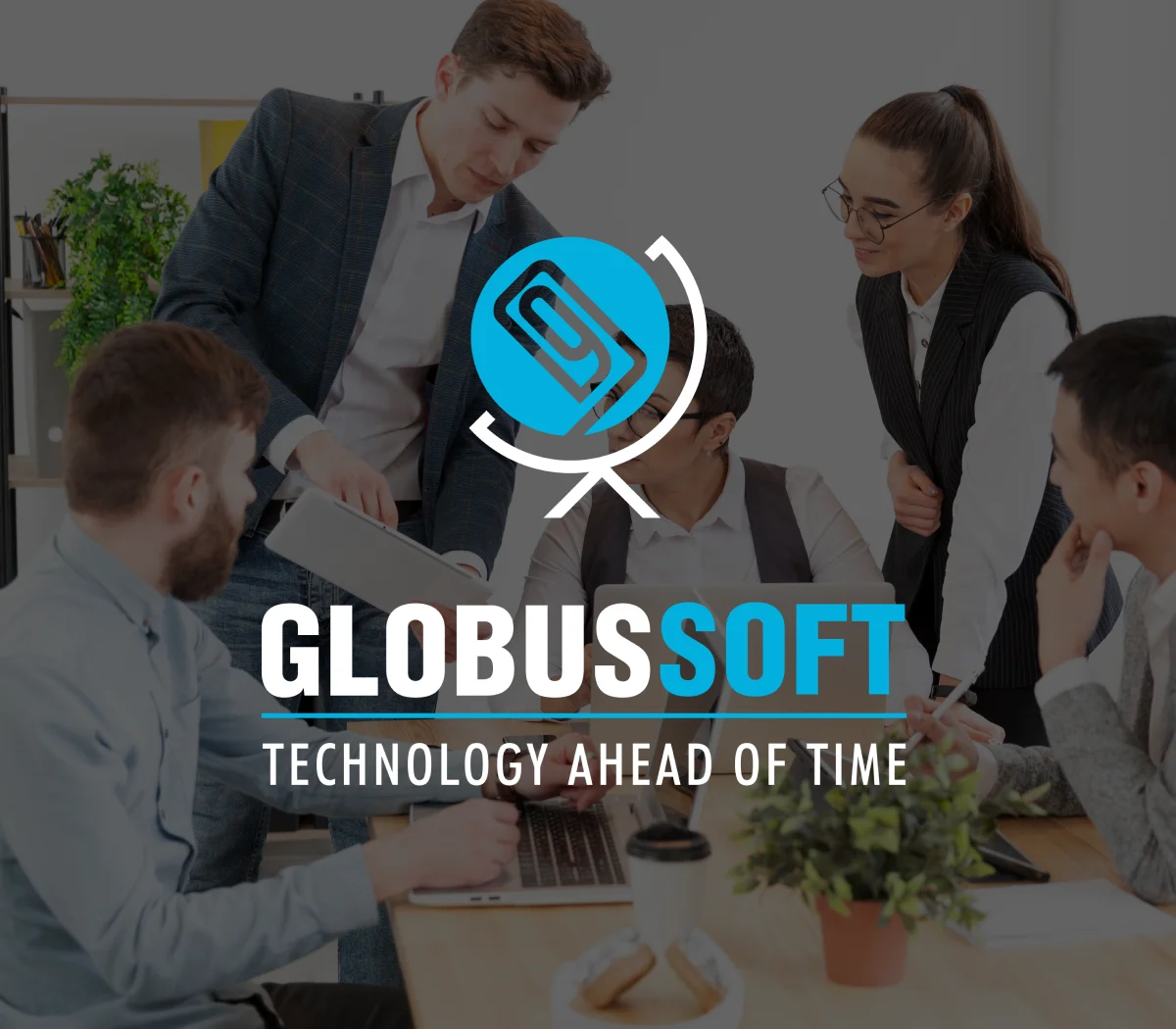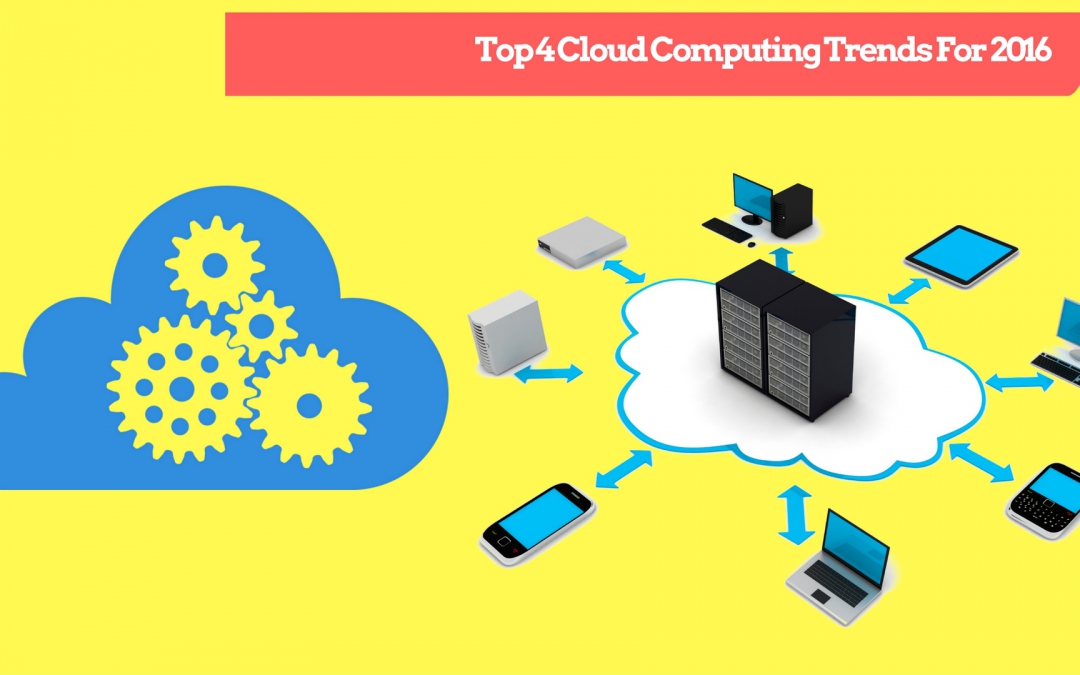
The up rise and maturing Cloud Computing technology has always been considered as a forerunner in this modern era of digitization. Similar to previous technological shifts, such as the rise of internet and PCs. The concept of Cloud Computing brings up a new concern among business entrepreneurs for making potential security ingredients.
According to many digital experts, Cloud Computing is bound to reach new heights in terms of applications containerization, agile delivery, and infrastructure automation. Before directly moving on with Cloud Computing trends of 2016, let’s take a look at its actual usage and areas of implementation.
About Cloud Computing:
There has been an extensive amount of buzz and hype around this Cloud Computing concept. At present with more startups going public, this service have been enjoying an overreaching experience. Over the past few years, very hardly some areas of IT has produced as much interest and investment as this. The year 2015 clearly depicted what a cloud infrastructure can do for your businesses. It successfully established it’s self-glory and scalability through optimization of micro serviced applications with restful API’s.
These services were most likely to run in a contained fashion. Giving developers more control over the building, testing and deploying of applications. Thereby cloud service providers have endearingly established themselves as a critical platform to store all important data. With a definite shift in the mindset of huge enterprises, people have started to differ between virtualization and cloud.
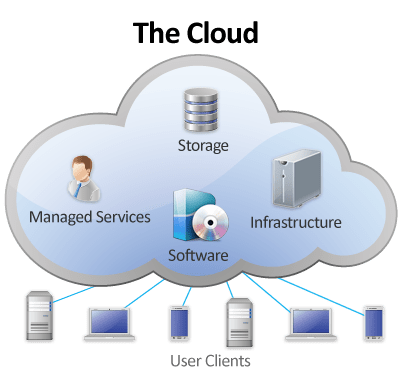
Nowadays even, clients have started to show their keen interests in understanding the key features of Cloud Computing. Thereby leveraging for their benefits to the fullest. Besides this, the knowledge also helps them to evaluate between the many cloud services and solutions provider. Thus it has been made clear that the service has transformed into a powerful tool. In order to deliver services to businesses and end users.
As we reach further into the year 2016, let’s take a look at some of the fairly practiced trends in this area.
-
Cloud Applications to embark for better Cloud Computing experience for business:
The arrival of 2016 marked the advent cloud applications. A huge number of IT organizations have already thrown their chips in this field. They have readily invested a lot of their budget. Thus an acute rise in the cloud applications usage is going to follow up ext year. Cloud Computing is all set to grow with the rise in companies manufacturing cloud based apps.
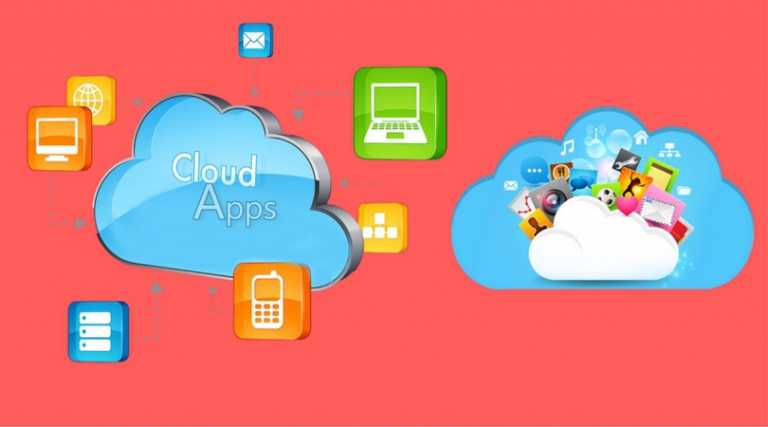
Thus more developers are about to focus on their talents and abilities to develop cloud-based services. This sudden shift has encouraged even startups to recruit freshers comfortable with the usage of cloud services. For now over 30% of software developers are into this Cloud Computing. However, the number is set to rise in 2017 and so on.
-
Hybrid Cloud solutions to rise widening the Cloud Computing experience for business:
With the past couple of years recording huge wins for hybrid cloud solutions. It is very much expected to rise and become more popular. The blend up of the on and off cloud facilities tends to offer the best as always. But with the rise in enterprise growth and hiked up demands for services. Switching to hybridized cloud solutions can reduce complexity, which arises with pure cloud switching. Thereby simplifying the complicated deliveries of solutions.
For this reasons, more enterprises are turning their heads towards the hybrid cloud strategy. Thus hybrid clouds continue its venture to take control over private and public alternatives. This way of computing can afford similar security that is associated with private cloud hand in hand solutions. So the hybrid strategy seems to be more flexible than the alternatives when it comes to solutions for various projects and running applications.
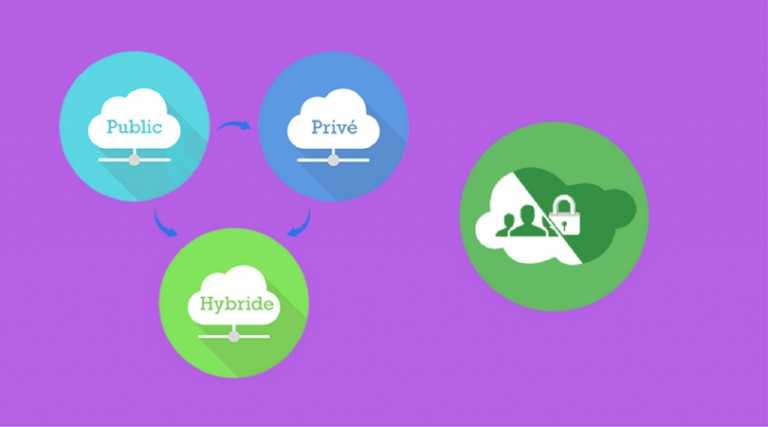
In terms of scaling up and cost estimation, the hybrid cloud allows users to achieve more server usage. It further allows storage of sensitive data at affordable costs, especially in private sectors.
-
Cloud Computing for business to shift from developer Friendly to developer Driven:
Application developers have been one of the primary users of Cloud Computing services. With most of the services striving to be developer friendly, the cloud is to adopt another technique. The technique to be developer driven. Because in near future, being developer friendly will just not be enough. With clouds being shifted to developer driven strategics. It will continue to support integration and delivery on the go. In fact, the continuous deliveries will become add up to one of the core tenets of Cloud Computing for business.

-
Containers are to be a part of Cloud Computing for business:
Almost all large cloud providers such as Amazon, Google and Microsoft have adopted the container technologies. In addition to that, technology providers related to the field of OS, hardware building and support and applications development. Are soon to become familiar with containerization. For an instance let’s focus on Intel’s introduction of Cloud Integrity Technology. That provides a link between trust attestation level of hardware to the container level.
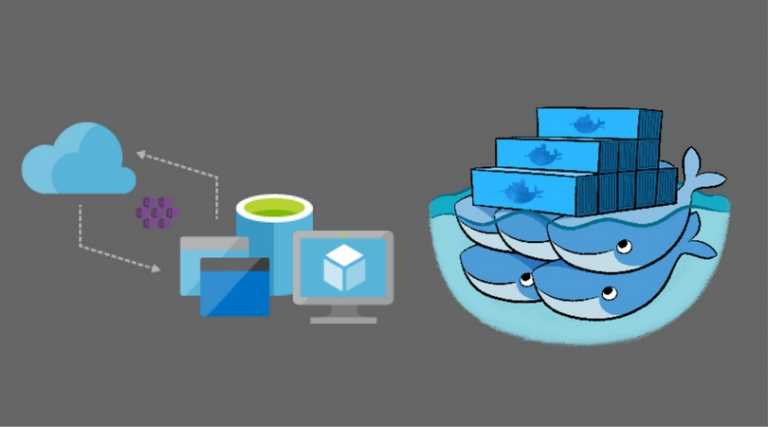
With the widening of support from containers, there can be an increase in operational increment. Leading to maturity in the technologies. Thus container ecosystems are to raise more micro service applications and enable new engagement systems. Thereby in 2017 we might see most cloud platforms to switch to new container stacks.
Conclusion:
The previous years being a real boost up for Cloud Computing. One can be assured that it is bound to rise and reach new heights in the upcoming years. Through this blog, you got to know the most about cloud services and its usage. How have organizations started to shift their interests towards it? Trends that are fairly practiced in this area and its usage for business.
If this blog seems to benefit do connect with us through your comments and suggestions. For further engaging conversations, you can also follow our blog.

